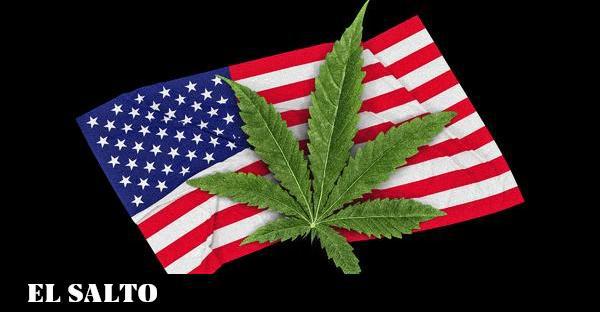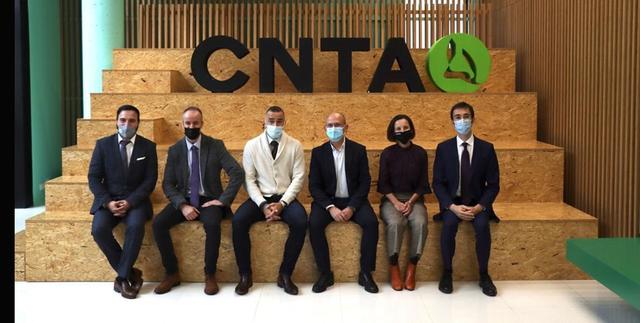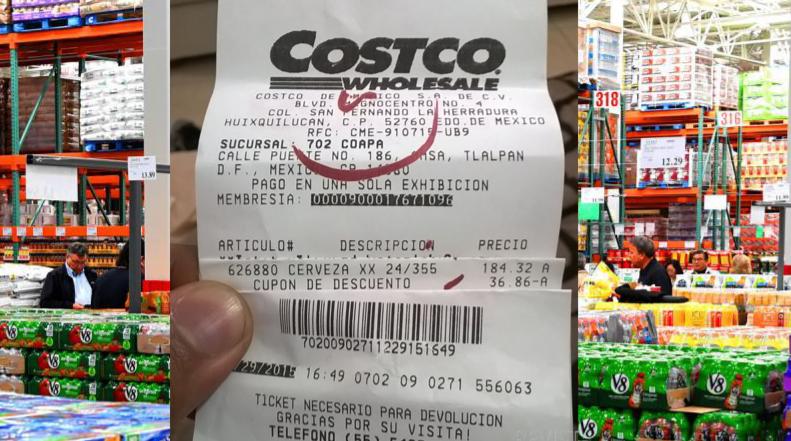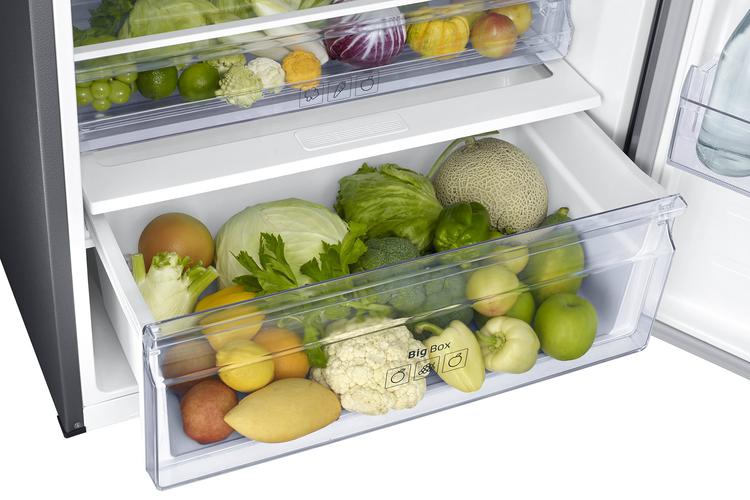Cannabis Legalization The Other Ballot Box: Five States Legalize Marijuana and One Decriminalizes Possession of All Drugs
In the American polls, not only the next president is elected, in five states several proposals have also been voted to regularize recreational or medicinal cannabis. Added to the eleven states where recreational use is legal are Arizona, New Jersey, Mississippi, Montana and South Dakota. In total, after these votes, more than 111 million Americans live in states where adults will be able to access or grow marijuana for recreational use, 33.8% of the total population of the United States. According to calculations made by various specialized media, these five new states could open a new marijuana market, both therapeutic and recreational, amounting to 2.5 billion dollars in 2024.
Montana will be able to start 2021 by lighting a joint. The state also approves the recreational use of cannabis through Initiative 190 with more than 60% of the vote, which will allow the recreational use of cannabis for those over 21 years of age. Those above that age may legally possess up to one ounce (28 grams) and up to eight ounces of cannabis concentrates, such as oils. Home self-cultivation will allow the cultivation of up to four mature plants and four cuttings per person, with a maximum limit of eight plants per household. The sale will still have to wait a year. The system to sell marijuana for recreational use will be developed during 2021 to take effect in January of the following year. But the initiative already approves a flat tax of 20% for the sale of all its products.
In South Dakota, the green vote consisted of two ballots: approving recreational and medicinal use. Constitutional Amendment A, the recreational one, has been approved with 52% of the votes, while Initiative 26, the medicinal one, was approved with a wide margin of 69% of the votes. In addition, Amendment A requires the state to create a hemp legalization program. Legalization will be effective in July 2021. Permitted possession for recreational marijuana users will be the same as in Montana, but the new law will allow medical cannabis users to plant an unlimited number of plants in their homes, albeit with the except that the plants will have to be in a place that is not visible to the rest of the population. Undoubtedly a great advance for one of the states that had very strict and punitive laws on the use of the plant. Recreational cannabis sales will have a 15% tax, while medical cannabis, which will require a specific medical card, will be tax-free in a fiscal policy to favor sick people who use marijuana and its components as a palliative.
medical cannabis
Carola Pérez: "If we citizens imported, cannabis would be regulated years ago"
Yago Alvarez Barba4The state of alarm, where thousands of medical cannabis users had to seek their lives, has once again highlighted the need to regulate the use of the plant. Carola Pérez, president of the Spanish Observatory of Medicinal Cannabis, recounts the struggle of people who, like herself, need it to alleviate their pain.

how to make cough medicine with lemon juice https://t.co/MvQMrGAHub https://t.co/3U7RH41ozB
— Asrar Ahmed Fri Oct 27 13:30:39 +0000 2017
In New Jersey, the most populous state of the five, with 60% of the ballots counted, the votes in favor reach almost 70%, so the state will legalize the use of recreational cannabis for adults. This victory can greatly modify the board of the states that are betting on a regulation, since it is the first to take the step in the northwest of the country, which could accelerate the debates that are taking place in some neighboring states such as New York and Pennsylvania. . According to calculations made by the specialized media in the cannabis industry Marijuana Business Daily, the state of New Jersey could develop a market of between 850 and 950 million dollars in 2024. Senator Nicholas Scutari, one of the promoters of the proposal, has declared that they intend to speed up the process and announces that the measures will be announced this coming week, since the proposal is based on previous debates that have already taken place in the Senate. Dispensers licensed to sell medical cannabis, twelve so far, will be able to sell recreational cannabis very soon, but the law will also promote the creation of other small businesses that take advantage of this legalization and that will surely be up and running by the second semester of 2021.
Not just “blue states”
It is not just a matter of states normally dominated by Democrats, the "blue states." Arizona, where the Republican Party usually gets the most votes, Proposition 207 for the legalization of cannabis wins by a margin of 60% with more than 80% of the vote. The change of course in this state is undoubtedly one of the most significant, since the legislation for possession or cultivation was one of the most severe in the country, reaching prison sentences for the simple possession of small amounts. In fact, Proposition 207 also contains several restorative justice provisions, such as allowing people with prior marijuana convictions to petition the courts for criminal records to be expunged. The sale of cannabis will be taxed at 16 percent, which will be added to the normal state VAT of 5.6%. Therefore, there will be an effective collection of 21.6%. Tax revenue will cover implementation costs and will then be split between funds for community colleges, infrastructure, a reinvestment in justice and public services such as police and fire.
Those over 21 years of age will be able to own one ounce of buds and up to five grams of concentrate products. Possession of between one and 2.5 ounces will be treated as a misdemeanor, without being charged with drug trafficking as is currently the case. Minors seized with less than an ounce will be fined up to $100 and required to attend four-hour drug counseling sessions.
In the state of Mississippi, also a “red state”, it has been called Initiative 65 and has focused on cannabis for medicinal use. It has also been approved with a wide margin of 74% of the votes counted so far, despite the strong campaign that the Republican Party has waged in this state against the legalization of the plant. This regulation leaves out recreational use, so only those people who have a patient card issued by the public authorities of the state, which they will be able to access from July 2021, will be able to dispose of and carry marijuana. The authorities will also have to grant licenses to producers, which until now was illegal, and also formalize and regulate dispensaries and treatment centers, so it is not expected to be able to be sold regularly until the end of next year. Initiative 65 also includes a list of 22 diseases or medical conditions for which cannabis can be used medicinally, including cancer, epilepsy, muscular dystrophy, Parkinson's or glaucoma, among others.
Mushrooms and other drugs also legal
The state of Oregon has made history by being the first to approve the use of psilocybin, the main ingredient found in various types of psychoactive mushrooms. Measure 109, also voted at the same time as these presidential elections, has been approved with 56% of the votes. The measure requires a two-year process for state health authorities to develop specific legislation, so legalization is not expected until early 2023 or even 2024. According to what is known about the future regularization, the Psilocybin can be consumed under the supervision and presence of "facilitators" licensed for it, which is very reminiscent of taking this drug and other natural ones under the supervision of the figure of the shaman that can be done in many Latin American countries, where the Consumption of this type of natural and ancestral drugs is part of their culture. The sale of this type of substance will also be taxed at 15% of the price.
But in addition, the state makes history in the world by decriminalizing the possession of any type of drug through the vote this Tuesday at the polls of Measure 110, including cocaine or heroin. Which doesn't mean it has legalized everything, but it will eliminate criminal penalties for possession of illegal drugs. People caught with small amounts of such drugs may pay a $100 fine or attend a health evaluation at an addiction recovery center. The sale of all these types of drugs will remain illegal.
All the income raised through the sale, added to the savings that the criminal administrations will have due to the reduction of prison sentences and maintenance of prisoners, will be used to create a specific and broad public program for addiction treatment and recovery. to drugs.
cannabis legalization
The green fuel of a hidden economy
Yago Alvarez Barba9The legal cannabis industry does not stop advancing throughout the planet. While Spain, with the perfect climate, fabric, knowledge and market, lags behind in a race that could bring enormous benefits and jobs.




